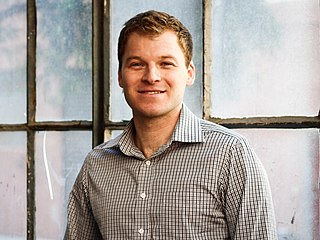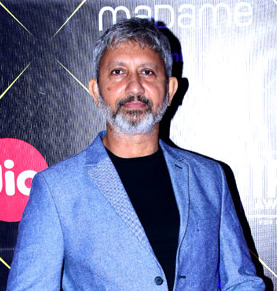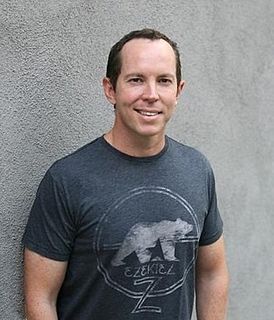A Quote by Trip Adler
The original idea was to make it easy to publish content on the Web and find an audience. What we learned from publishers is that the thing they want the most is more readers and more revenue.
Related Quotes
To me, the print business model is so simple, where readers pay a dollar for all the content within, and that supports the enterprise. The web model is just so much more complicated, and involves this third party of advertisers, and all these other sources of revenue that are sort of provisional, but haven't been proven yet.
Some readers sort of suspect that you have another book that you didn't publish that has even more information in it. I think that readers sort of want to be taught something. They have this idea that there's a takeaway from a novel rather than just the being there, which I think is the great, great pleasure of reading.
Regarding pushing the form, ideas interest me more than form. I think you can write a very subversive play in a three-act structure. The content makes the play. I feel the form is simply dressing, because ultimately, you want to communicate to the audience, and sometimes the best way to do that is to present a provocative idea in a format that is comfortable for them to receive. Then the idea will come through directly, right in solar plexus. After all, I want to make a living as an artist, and that means speaking to the audience in a form they can understand.
There has to be a kind of grassroots push, a movement, as it were, against the inherent isolationism of American capitalism as practiced in the publishing industry. There need to be grants and government support and a few publishers, mainstream and independent, who are not afraid to challenge American readership. We need to build a network of translators, publishers and readers. We hope that our annual anthology might provide an upsurge in interest for European fiction and then, as we publish it every year, become a habit to many readers.
Aggregating is only a part of what we do: HuffPost offers a combination of original blog posts (approximately 200 a day), original reporting, syndicated news (like from AP) that we pay for, and licensed content (via content-sharing partnerships). Original blog posts and pieces from our reporters account for more than 40 percent of all content viewed on HuffPost.
I think there's great value to the Associated Press and to Reuters, but if you wanted to generate original content, maybe written by local writers, it just takes a little bit of openness to open your pages up to a wider freelance writer pool, and then you might find new voices and a wider array of voices, and definitely more original content that can't be found anywhere else.

































